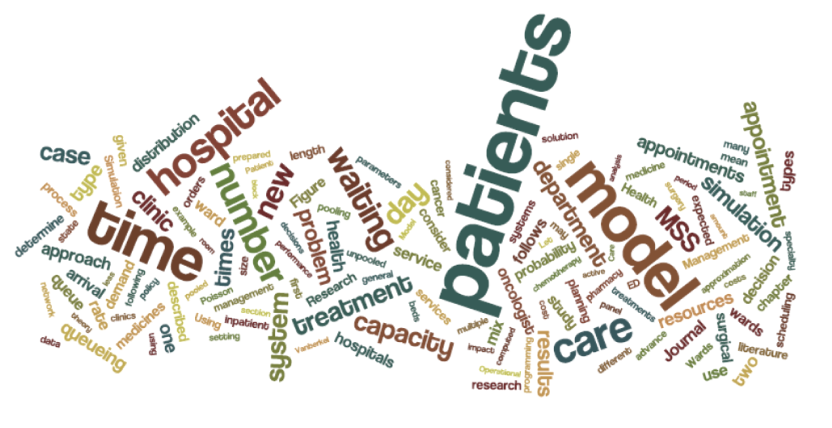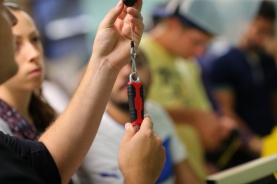What is Industrial Engineering?

Responsibilities
All engineers work in聽planning, designing, implementing and controlling the systems that enable people to use technology.聽Industrial engineers in turn design systems that enable people and society to improve productivity, efficiency, effectiveness, quality, and sustainability. The industrial engineer has a dual role, both to extend the human capability to operate, manage and control the overall production system, and to ensure the safety and well-being of those working in the system.
Process of engineering

The process of engineering always starts with science-based knowledge of phenomena and systems, resulting in focused actions in which measurement and rational decision making take a central role.聽
Where other engineers might measure temperatures, pressures, or loads, the industrial engineer measures the time of a work cycle, the dollar value of expenditures, rates of machine failures, and demand for finished goods.
Industrial engineers take a systems-level view when analysing the performance of complex systems. Consequently, risk and uncertainty often require explicit consideration in our mathematical models.
Solutions

Systems are broadly designed and characterized by integrating and aligning the physical technologies and decision-making capabilities of humans. Planning and managing system operations furthermore require insights in organizational behavior.
Problems can range from the design of a factory floor to the overall corporate plan for procurement, production, and distribution.聽Industrial engineers are found in nearly every industry including healthcare, energy, transportation, and communications.
Our Programs
Initial Years

Students begin the Industrial Engineering program with a background in engineering fundamentals studied during their initial two years. In the latter portion of the program, they are introduced to the fundamental approaches of workplace design and operations research, while at the same time extending their mathematical, programming, and data analytics skills.
Later Years

Later, more advanced modeling and analysis approaches are examined in a series of courses which more directly focus on management processes. Production scheduling, plant layout, inventory control, lean engineering and quality, project, and risk management are studied, as are the factors which influence human and organizational performance. Students are provided with the opportunity to study such areas as operations, health systems, supply chains or maintenance through the department鈥檚 elective course offerings.
